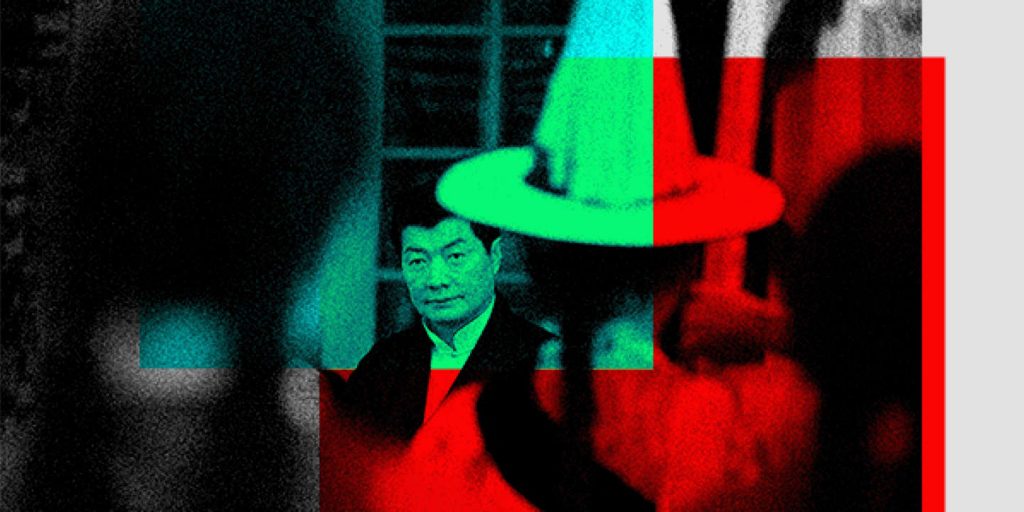
Unable to spy on the Dalai Lama, without a smartphone, India depends on its entourage
InvestigationNew Delhi has targeted the phones of several relatives of the Tibetan spiritual leader in exile in northern India through the NSO Group spyware program, amid rising tensions with China.
Much to the desperation of the intelligence agencies, the Dalai Lama has not yet succumbed to the temptation to buy a smartphone. Which makes spying on this 86-year-old man especially difficult. But those close to him, including his envoy to New Delhi Temba Tsering and his advisers Tenzin Tekla and Shimi Rigzen, can be watched closely. In all, nearly two dozen activists, politicians and religious exiles from Tibet appear on the list of numbers chosen by India’s security service, the Pegasus spyware user, for potential hacking. It is part of a database of 50,000 publications, which Forbidden Stories and Amnesty International consulted before being shared with seventeen media outlets, including the world, United within the “Pegasus Project”.
According to our investigation, some relatives of the Dalai Lama were first selected for possible observation from the end of November 2017, when the former US president was Barack Obama, new from China, meets Tibet’s spiritual leader in New Delhi. Lobsang Sangay appeared on the list later, in the middle of 2018, when he was the head of the Tibetan administration in exile and increased the number of trips to India and abroad. Two other candidates for the position were also included, including Penpa Tsering, who was finally elected in May 2021.

Without the ability to scan their phone, it cannot be said if they are actually infected with this spyware, one of the most advanced spyware on the planet, capable of sucking all the contents of the phone. – Emails, secure messages, photos, address books, notes … and to recover geolocation data without anything indicating that the device has been hacked. However, this choice indicates that the friendly understanding between New Delhi and the Tibetan community, which has taken refuge in the Indian lands for more than sixty years, is imbued with mistrust.
Dharamsala, nid d’espions
It reveals, as never before, the Indian state’s suspicions toward the Tibetan community, suspected of infiltrated by Chinese spies, as well as its strategic importance at a time when the tension between the two countries was the most populous in China. Asia continues to climb.
New Delhi thinks it has cause for concern. Recently, in August 2020, a Chinese citizen suspected of being a spy paying Buddhist monks for information about the bodyguard of the Dalai Lama was arrested in India. The first breach in the relationship between India and Tibetan society opened in 2011, when the seventeenthe New Delhi suspects that Karmapa, the third highest figure in the schools of Tibetan Buddhism, is a Chinese spy. The suspicion was officially lifted a year later, the prestigious person was acquitted by Indian justice, but that did not remove all doubts. The Karmapas obtained a Dominica passport in 2018 and regularly encounter difficulties in obtaining Indian visas.
You have 53.91% of this article to read. The rest is for subscribers only.

“Unapologetic pop culture trailblazer. Freelance troublemaker. Food guru. Alcohol fanatic. Gamer. Explorer. Thinker.”
